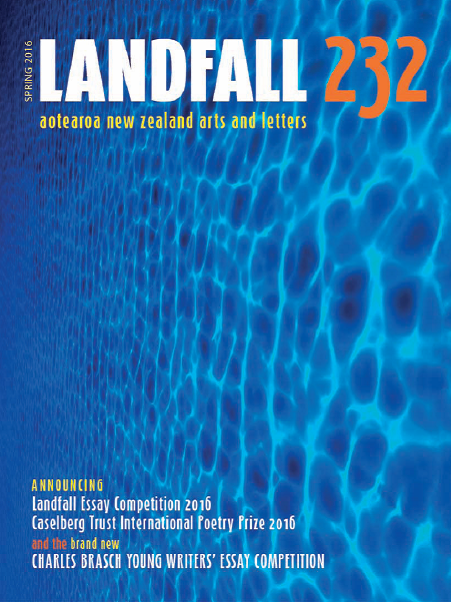Homage to Tongan Poets
1.
On this sunny morning
rain falls in Malamahu maketi:
last week's storm is still a pool on the roof,
draining through the rusted iron
a few drops at a time.
I step past the earliest hawkers,
past their undersized avocadoes and bootleg DVDs,
and see a bleb of dirty water break
on the forehead of Siua Ongosia,
punake, lover of Carroll and Lear,
first Tongan to rap in glottal stops,
star on youtube and at the Billfish bar,
and now the first beggar to arrive at Malamahu
every morning, to mount the bench that is his last stage.
Yesterday Siua told me about Tennyson
and the Amazon; today he greets me like any other stranger,
asking for taha, 'ua pa'anga, for a smoke, for a light.
His hands are scarred and dented, like the tin
the avocado farmer uses to catch last week's storm.
It is taha noa, and Siua
watches the utes arrive from Kala'au and Te'ekiu,
as young men in torn tupenu unload their fathers' harvests,
offering 'inasi to tourists
and the Nuku'alofan bourgeoisie.
Their yams look like missiles; their dirty talo are landmines
harvested from the ancient battlefields of Hihifo.
The farmers' boys do not talk with Siua, though they've all watched him
on youtube, seen him swinging from a mango tree while rhyming
uaea with tractor, heard the love poem he wrote for his wife
after she left their home, dragging their only suitcase
around pools of kava and beer.
2.
Twenty maile away, at Lapaha, the punake and their kings are silent.
With toki made of stone, the tu'a cut stone
from the beaches of Fafa and Pangaimotu, Niutoua
and 'Uvea. They shook coconut heads from the heavens,
split and sipped from them, lashed coconut hair
round the stones, dragged the stones to Lapaha,
laid one stone on top of another.
Today tour buses stop at the royal tombs.
Do not talk about reverence, about fatonia.
The tu'a were not offering tribute.
They raised stones to keep the dead
from rising, to keep the 'eiki and their whips
in Pulotu, to keep the mouths of the royal poets



















